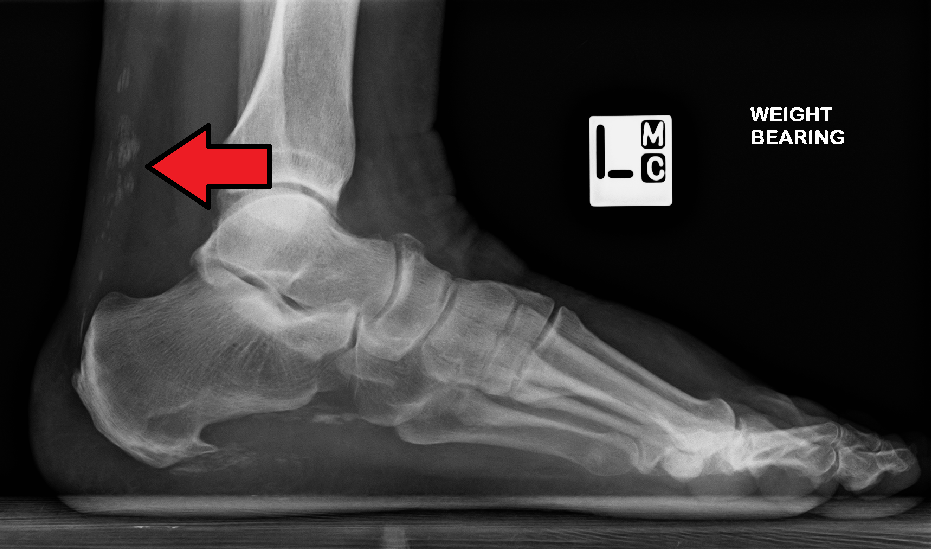|
Anti-Jo1
Anti-Jo1 is an anti-nuclear antibody. Anti-Jo1 has been associated with inflammatory myopathies such as polymyositis, dermatomyositis and antisynthetase syndrome Anti-synthetase syndrome is an autoimmune disease associated with interstitial lung disease, dermatomyositis, and polymyositis. Signs and symptoms As a syndrome, this condition is poorly defined. Diagnostic criteria require one or more antisynth .... It has histidine-tRNA ligase as a target. References {{immunology-stub Autoantibodies ... [...More Info...] [...Related Items...] OR: [Wikipedia] [Google] [Baidu] |
Antisynthetase Syndrome
Anti-synthetase syndrome is an autoimmune disease associated with interstitial lung disease, dermatomyositis, and polymyositis. Signs and symptoms As a syndrome, this condition is poorly defined. Diagnostic criteria require one or more antisynthetase antibodies (which target tRNA synthetase enzymes), and one or more of the following three clinical features: interstitial lung disease, inflammatory myopathy, and inflammatory polyarthritis affecting small joints symmetrically. Other supporting features may include fever, Raynaud's phenomenon and "mechanics hands"-thick, cracked skin usually on the palms and radial surfaces of the digits. The disease, rare as it is, is more prevalent in women than in men. Early diagnosis is difficult, and milder cases may not be detected. Also, interstitial lung disease may be the only manifestation of the disease. Severe disease may develop over time, with intermittent relapses. Pathogenesis It is postulated that autoantibodies are formed against ... [...More Info...] [...Related Items...] OR: [Wikipedia] [Google] [Baidu] |
Anti-nuclear Antibody
Antinuclear antibodies (ANAs, also known as antinuclear factor or ANF) are autoantibodies that bind to contents of the cell nucleus. In normal individuals, the immune system produces antibodies to foreign proteins (antigens) but not to human proteins (autoantigens). In some cases, antibodies to human antigens are produced. There are many subtypes of ANAs such as anti-Ro antibodies, anti-La antibodies, anti-Sm antibodies, anti-nRNP antibodies, anti-Scl-70 antibodies, anti-dsDNA antibodies, anti-histone antibodies, antibodies to nuclear pore complexes, anti-centromere antibodies and anti-sp100 antibodies. Each of these antibody subtypes binds to different proteins or protein complexes within the nucleus. They are found in many disorders including autoimmunity, cancer and infection, with different prevalences of antibodies depending on the condition. This allows the use of ANAs in the diagnosis of some autoimmune disorders, including systemic lupus erythematosus, Sjögren synd ... [...More Info...] [...Related Items...] OR: [Wikipedia] [Google] [Baidu] |
Inflammatory Myopathy
Inflammatory myopathy is disease featuring weakness and inflammation of muscles and (in some types) muscle pain. The cause of much inflammatory myopathy is unknown (idiopathic), and such cases are classified according to their symptoms and signs and electromyography, MRI and laboratory findings. It can also be associated with underlying cancer. The main classes of idiopathic inflammatory myopathy are polymyositis (PM), dermatomyositis (DM), and inclusion-body myositis (IBM). Diagnosis There are a number of known causes of myopathy, and it is only once these have been ruled out that a clinician will assign an idiopathic inflammatory myopathy (IIM) syndrome to a case. The usual criteria for a diagnosis of PM are weakness in muscles of the head, neck, trunk, upper arms or upper legs; raised blood serum concentrations of some muscle enzymes such as creatine kinase; unhealthy muscle changes on electromyography; and biopsy findings of (i) muscle cell degeneration and regeneration an ... [...More Info...] [...Related Items...] OR: [Wikipedia] [Google] [Baidu] |
Polymyositis
Polymyositis (PM) is a type of chronic inflammation of the muscles (inflammatory myopathy) related to dermatomyositis and inclusion body myositis. Its name means "inflammation of many muscles" ('' poly-'' + '' myos-'' + ''-itis''). The inflammation of polymyositis is mainly found in the endomysial layer of skeletal muscle, whereas dermatomyositis is characterized primarily by inflammation of the perimysial layer of skeletal muscles. Signs and symptoms The hallmark of polymyositis is weakness and/or loss of muscle mass in the proximal musculature, as well as flexion of the neck and torso. These symptoms can be associated with marked pain in these areas as well. The hip extensors are often severely affected, leading to particular difficulty in climbing stairs and rising from a seated position. The skin involvement of dermatomyositis is absent in polymyositis. Dysphagia (difficulty swallowing) or other problems with esophageal motility occur in as many as 1/3 of patients. Low grad ... [...More Info...] [...Related Items...] OR: [Wikipedia] [Google] [Baidu] |
Dermatomyositis
Dermatomyositis (DM) is a long-term inflammatory disorder which affects skin and the muscles. Its symptoms are generally a skin rash and worsening muscle weakness over time. These may occur suddenly or develop over months. Other symptoms may include weight loss, fever, lung inflammation, or light sensitivity. Complications may include calcium deposits in muscles or skin. The cause is unknown. Theories include that it is an autoimmune disease or a result of a viral infection. Dermatomyositis may develop as a paraneoplastic syndrome associated with several forms of malignancy. It is a type of inflammatory myopathy. Diagnosis is typically based on some combination of symptoms, blood tests, electromyography, and muscle biopsies. While no cure for the condition is known, treatments generally improve symptoms. Treatments may include medication, physical therapy, exercise, heat therapy, orthotics and assistive devices, and rest. Medications in the corticosteroids family are typic ... [...More Info...] [...Related Items...] OR: [Wikipedia] [Google] [Baidu] |

